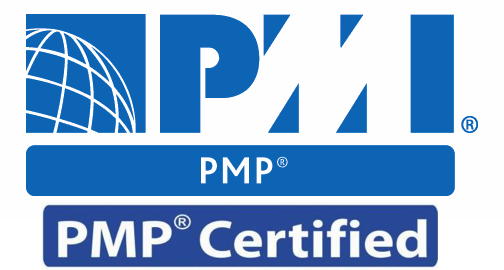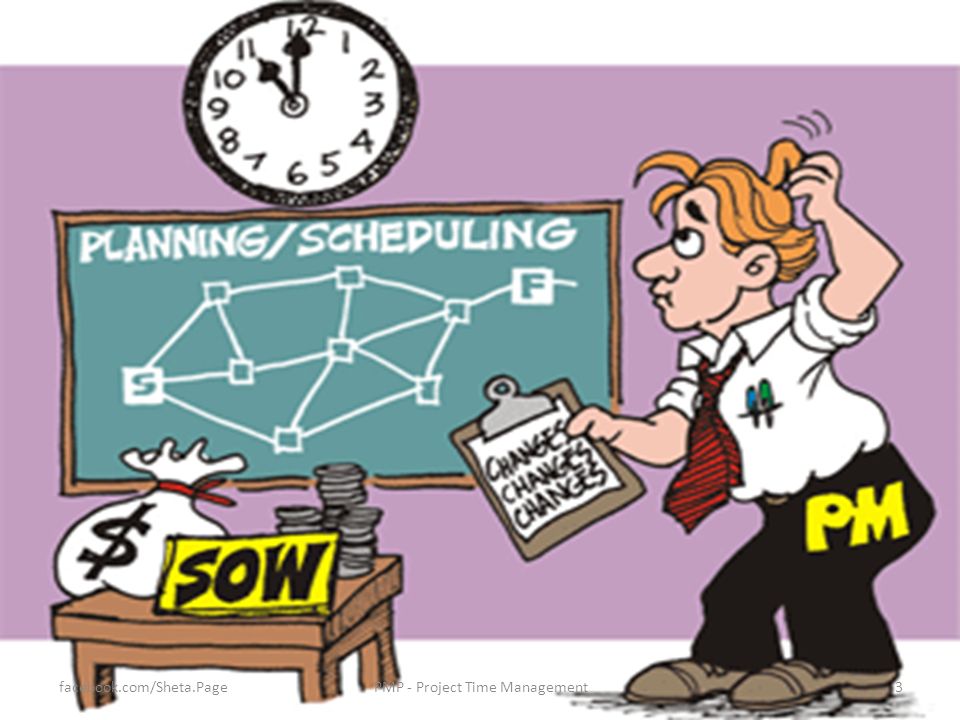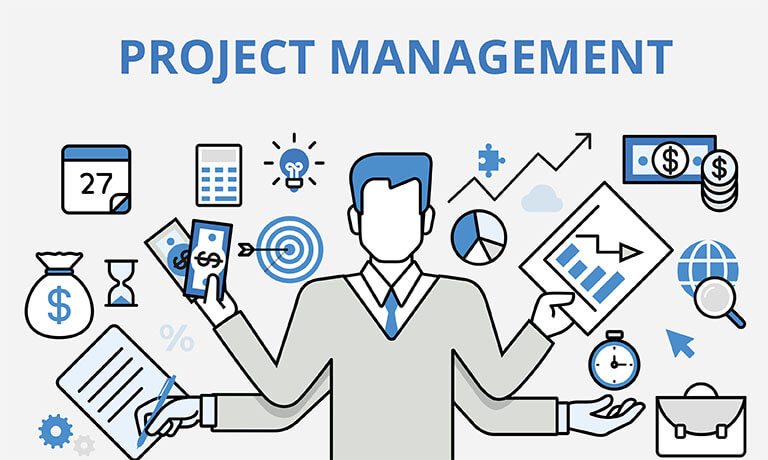10 Advantages of PMP certification
When you earn a PMP certification, you show peers, supervisors and clients your commitment to profession, PMP's code of ethics and your ability to perform the function of a project management practitioner to certain level. : moPharma

PMP certification
What is PMP Certification?
PMP stands for Project Management Professional. Therefore, the PMP certification is something that a person who works as a project manager would want to pursue. The certification is given out by the Project Management Institute (PMI) and is recognized throughout the world as a standard to measure the competency of project managers.
Project managers work in a wide range of industries and fields. From IT to education, just about every industry benefits from hiring project managers. And every industry wants to hire the best of the best. When hiring new employees, companies look for someone who has the ability to lead and direct various projects and multiple members of a team. Working with project managers who are PMP certified tells companies that they have employees who have what it takes to complete projects on time and under budget.
Not only is the PMP certification great for employers, but it’s also great for the employee. For example, you’ll have a greater number of job possibilities with higher salary and greater earning potential. Ask yourself: “where do I see myself in 5 years?” If you want to climb the ladder in the project management world, you should seek PMP certification to improve your skills and show the world that you have what it takes to excel as a project manager.
Who Is Eligible for PMP Certification?
There are two routes for eligibility to become certified:
Obtain a high school diploma, an associate’s degree, or the equivalent of these from the country in which you live. Also, have at least 5 years of experience as a project manager in a professional setting with at least 7,500 hours as the leader of project tasks.
Or, complete a bachelor’s degree and at least 3 years of experience as a project manager in a professional setting with at least 4,500 hours as the leader of project tasks.
What Is the Format of the PMP Exam?
The PMP exam consists of 200 multiple choice questions. These should be completed within 4 hours. You can’t use any reference materials on the exam, but you can use scratch paper.
The exam questions are broken down into 5 Process Groups:
Initiation (13%)
Planning (24%)
Executing (30%)
Monitoring and Controlling (25%)
Closing (8%)
All of the questions about these processes come from the PMBOK guide. They ask you about how you would handle a particular situation. To know how to respond to the questions, you should study:
Best practices
The proper sequence of processes for projects
Basic formulas of project management
How to manage stake holders
EVM graphs, metrics, calculations, and completion estimates
As a professional project manager, you may have a good idea of what you would do to effectively handle the situation. However, you should refer to the PMBOK guide to answer the questions on the exam.
Make sure to answer every question on the exam. You won’t lose points for answering incorrectly. So, when in doubt, make an educated guess. Try to eliminate the weakest answers to help you narrow down the options. Just remember that the questions are meant to be challenging. They are meant to test your confidence as a project manager.
What Are the Best Ways to Prepare for the Exam?
Register for the exam, so you have a timeline for studying. It’s helpful to give yourself at least a month to study, but you shouldn’t give yourself too much time. If you have too much time to study, you may end up putting it off until it’s too late to sufficiently prepare for the exam.
Ask yourself, “what is the most effective study method for me?” It might be helpful to read a book, connect with others preparing for the exam, create flashcards, or have someone test you on questions you might see on the exam.
One of the best ways to prepare for the exam is to take practice tests. These give you an opportunity to see the types of questions you’ll face, and you can practice pacing yourself in the given time. Try to recreate the atmosphere of the exam as you take it, so you can build your confidence for the day you take it.
What Happens If You Don’t Pass the Exam?
If you fail the exam, you can retake it. You can retake the exam up to 3 times each year. However, the exam costs over $400 for PMI members and over $500 for non-members, so it can save you a lot of time and money to pass the exam on the first try.
If you need to retake it, look over your detailed score report. Find out which of the Process Groups you struggled with on the exam, so you know what to focus on as you study and prepare for your next attempt.
How Do You Maintain a PMP Certification?
You passed the exam and received your PMP certification. Now what? Be aware that it doesn’t end there. Your certification doesn’t last forever. In fact, you need to recertify every 3 years. To do this, you need to complete 60 professional development units (PDUs).
The PDUs you can take to renew your PMP certification are part of the continuing certification requirements (CCR) program. This includes activities that provide training or aid you in your position as a project manager. One PDU is the equivalent of an hour of a qualifying activity, such as one of the PMI talent triangle topics. Some of these topics are technical project management, leadership, and business and strategic management.
If you’re worried about how much the PDUs are going to cost, you can consider some of the free options available. These include:
Listening to project management podcasts
Attending PMI chapter events
Completing approved reading
Giving presentations
Watching webinars
Volunteering with PMI
Choose the professional development opportunities that will help you become a better project manager. Think about your strengths and weaknesses, and select PDUs based on the areas that you could work on to improve your skills and increase your effectiveness as a professional project manager.
In whatever field you work, you should want to do your best. You should want opportunities to prove your worth and improve your abilities. Through PMP certification, you can do just that. The certification gives you the opportunity to prove to employers that you are competent in your job. It’s a great thing to add to your resume as you apply for future project management positions, too. But more important than what employers see, the PMP certification helps you grow and learn, so you can become the best project manager that you can be.
Advantages of PMP certification- PMP Credentials Set You Apart
- Benefit Your Company With Exclusive Know-How
- Command Higher Pay
- Networking Potential
- Helps You to Train Others
- Helps You to Evaluate Potential Employees and Team Members
- Provides you with Greater Job Opportunities
- You Will Have More Efficient Projects
- Gain Invaluable Experience
- Make a Career Switch
If you've gone through the process of obtaining PMP Certification, you have a standardized knowledge set - and the credentials to prove it. When applying for a job against competitors, having the credentials in hand will put you ahead of those who do not.
Because you will have gone through the certification process, you will have learned a standardized set of project management best practices to implement in your own company projects.
PMP certified project managers receive an average starting salary of $90,000 a year. Conjointly, overall PMP credentials will gain you a 20 percent increase in salary over non-credentialed project managers with similar qualifications.
When you earn your PMP credential, you will be in touch with others working hard to pass the PMP credential exam. Moreover, you will be put into contact with those already holding PMP certifications. You never know who might help you obtain your next job - the more people in your field you make contact with, the easier it will be to get the job you want when it's time to move on.
Because you will have the specialized training that obtaining a PMP credential requires, you will be better able to teach others the tools of project management.
Let's face it, we've all had teams that for whatever reason did not work together as a cohesive group. By obtaining a PMP certification, you will learn valuable skills that will in turn help you to evaluate whether or not that potential team member will be able to work well with everyone.
Like every profession, project management is a field with some job opportunities only available to those with PMP certification. In fact, there are about 20 percent more openings than there are credentialed employees available - that sounds like good odds to me.
Because having a PMP certification hands you a set of tools to utilize in building efficient projects, you can improve the efficiency and productivity in all your project experiences.
Because you must work through various situations you may not be familiar with in your own work environment, you will gain experience on how to solve complex and diverse project problems.
If you've been looking to make a career switch, PMP credentials can help you to do that. By gaining a credential where you might lack years of experience, you can start at the gates with a higher position and salary than otherwise you would be capable of.
If you are looking to build your next (or first) mobile app and need help with one or more of these steps, you’re in luck! The moPharma Group welcomes app owners at any stage in this process. Whether you are a startup or Fortune 50 company, we have the team and knowledge needed to deliver a fantastic mobile app. Please don’t hesitate to write us today.





Discuss about post